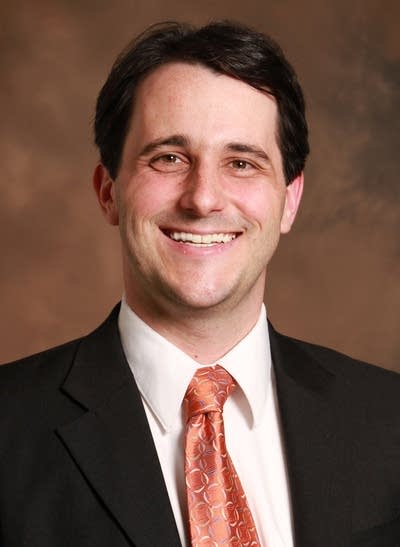Campaign finance laws undercut freedom of speech

If you and your neighbor spend $101 on a few lawn signs and fail to tell the government about it, are you violating the law?
In Minnesota you are. Like most other states, Minnesota makes it illegal to speak out for or against candidates and ballot issues without following a host of complex and burdensome regulations. Failure to do so can turn you into an outlaw.
Why is speaking about politics so dangerous in Minnesota? Because of the state's so-called campaign finance laws. Defenders of these laws claim that they are needed to increase trust in the political process. But the only thing they accomplish is discouraging grassroots activists from organizing and speaking out about the most important political issues of the day.
For example, Minnesota voters often have the chance to vote on whether to amend the Minnesota Constitution. If a group of neighbors wants to weigh in and advocate voting "no" or "yes" on a proposed amendment, it had better be prepared to spend most of its time complying with campaign finance laws.
Create a More Connected Minnesota
MPR News is your trusted resource for the news you need. With your support, MPR News brings accessible, courageous journalism and authentic conversation to everyone - free of paywalls and barriers. Your gift makes a difference.
Once the group raises or spends more than $100, it will need to form a political committee, or PAC, within 14 days. What does being a PAC entail? Among other things, groups must register with the government, track every penny they spend or receive, open a separate bank account, appoint a treasurer and regularly report the names, addresses and employers of their donors. If they fail to comply, they could be investigated, hauled into court and fined.
The risk of getting into legal trouble because of a mistake in filling out a form is not trivial. Anyone who disagrees with the group and wants to cause it trouble can file a complaint with the state campaign finance board.
If all this sounds daunting, it is. As the Supreme Court recently noted, "PACs are burdensome alternatives; they are expensive to administer and subject to extensive regulations." That's why politicians and professional political operatives hire armies of attorneys and accountants to help them navigate this regulatory labyrinth. Almost everyone else -- including the vast majority of Minnesotans -- can't afford this expense, so they are left to speak at their own risk. Forcing Minnesotans to choose between spending time trying to become experts on campaign finance law and remaining silent inevitably means that most Minnesotans will choose silence.
Campaign finance laws do something the U.S. Supreme Court has long recognized violates the First Amendment: stifle speech. In fact, the U.S. Supreme Court recently ruled that requirements like these are unconstitutionally burdensome for corporations and unions. Laws too burdensome for General Motors or the AFL-CIO are certainly too burdensome for groups of ordinary people that just want to share their political message with the public.
If the First Amendment means nothing else it is that people should not have to comb through unfamiliar laws and regulations, hire a lawyer and register with the government in order to speak about important public issues. Such requirements have no place in America -- and especially in Minnesota, a state that has always prided itself on fostering free and unfettered political debate.
----
Anthony Sanders is a staff attorney at the Institute for Justice Minnesota Chapter. The institute has just launched its Citizen Speech Campaign, which it describes as a national effort to protect Americans' First Amendment rights from campaign finance laws.
